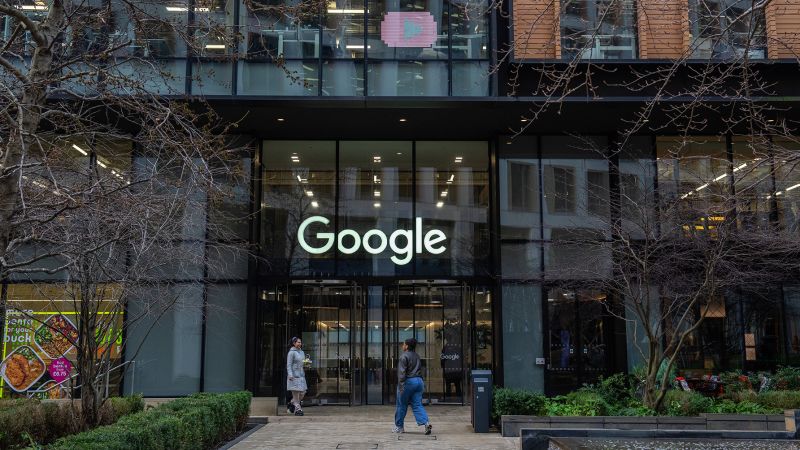Google’s potential £5 billion ($6.6 billion) class action lawsuit in Britain has prompted significant discussion about the complex and intertwined nature of competition, market dominance, and consumer choice in the digital landscape. The legal action, lodged at the Competition Appeal Tribunal, asserts that Google has abused its powerful market position in the realm of online search, which could have widespread implications for both the company and its users.
The class action lawsuit posits that Google’s monopoly over online search advertising allows the corporation to impose inflated prices on advertisements featured in response to search queries. This situation arises from what the plaintiffs claim as non-competitive behavior from Google, which has significantly reduced the market space for alternative search engines. According to the claim, such an environment distorts pricing, leading to higher costs for businesses that utilize Google’s advertising services.
Central to the allegation is the assertion that Google, a subsidiary of Alphabet Inc. (traded as GOOGL), has strategically collaborated with various device manufacturers to pre-install its search functionalities, specifically Google Search and Chrome browser, on Android devices. Furthermore, it has been claimed that Google has made payments to Apple in order to secure Google Search as the default option on iPhones. This approach, say the plaintiffs, has effectively marginalized competitors and restricted consumer options in the search engine market.
The class action lawsuit is spearheaded by Or Brook, a recognized expert in competition law, who represents thousands of businesses asserting that they have no realistic alternatives but to rely on Google’s advertising to promote their products and services. Brook emphasized the dependency of businesses on Google Ads for visibility, stating that securing a favorable position on Google search results is crucial for reaching consumers. The assertion indicates that many enterprises feel compelled to spend excessively on Google’s advertising services in order to maintain competitiveness in an environment where Google’s dominance continues to grow.
In response to the lawsuit, a spokesperson for Google has dismissed the claims as speculative and opportunistic. The company asserts that consumers and advertisers gravitate toward its services because they find them valuable and user-friendly, rather than because they lack alternative options. This reflects a broader argument from Google that highlights the competitive nature of the digital advertising ecosystem.
However, Brook has countered Google’s assertions by highlighting the critical assessments from regulatory bodies worldwide, which have consistently described Google as functioning within a monopolistic framework. According to Brook, regulators acknowledge the company’s capacity to leverage its dominance in search and search advertising markets, resulting in elevated costs for advertisers. This concern echoes sentiments from Britain’s Competition and Markets Authority (CMA), which has initiated an investigation into Google’s search services in January.
The CMA’s inquiry is particularly pertinent, given that Google commands a staggering 90% of market share in search engines, with more than 200,000 businesses in the UK depending on its platform for advertising. This extensive reliance raises essential questions about market fairness, competition, and whether current regulations adequately protect both consumers and businesses in the digital age.
The broader implications of this lawsuit reflect an ongoing global debate about the balance of power in the digital economy and the need for regulatory frameworks that ensure fair competition. The outcome of this class action may not only impact Google but could also set precedents for how digital monopolies are addressed, potentially shaping the future of online advertising and the search engine market for years to come. As the legal proceedings unfold, many will be observing closely to see how this significant case influences the landscape of digital competition and consumer freedoms.



